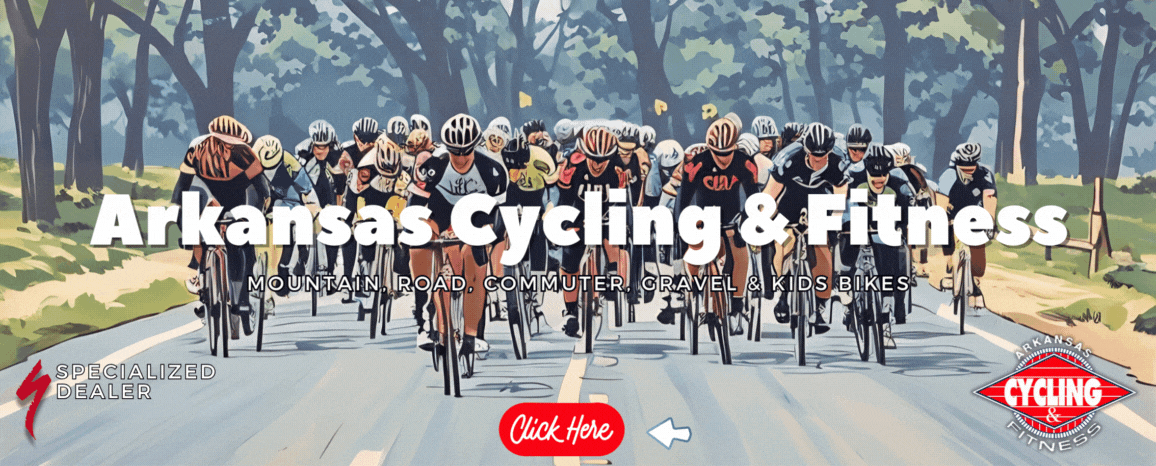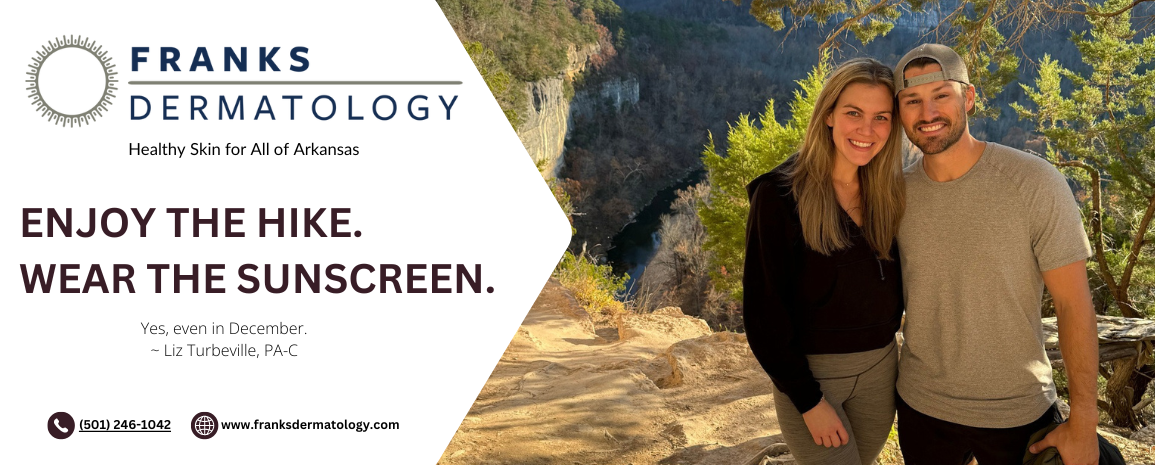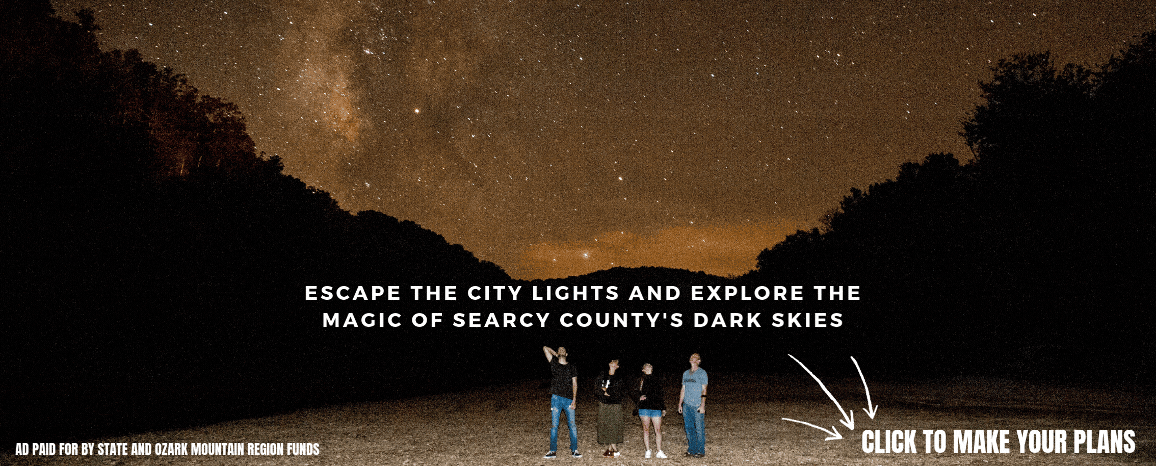A recent literature review by the Trust for Public Land (TPL) indicates that mountain biking contributes substantially to local economies in the United States. The review, which analyzed over 50 studies, focused on the direct and indirect economic benefits of mountain biking, particularly in smaller rural communities.
Direct Economic Impact
The TPL review highlights that new and expanded trail systems create employment and business opportunities across various industries. These opportunities include trail construction and maintenance, bicycle and gear manufacturing, accommodations, restaurants, and retail. The average expenditure for mountain biking tourists was $416 per visit.
-
Tourism Spending: Studies included in the review show per-visit spending for overnight mountain biking trips ranging from $103 to $1,107, with an average of $416 for nonlocal mountain bikers.
-
Job Creation and Income: The spending by visiting mountain bikers supported between 1,522 and 1,626 jobs per site, generating a total labor income of $50.4 million to $54.1 million across all studies.
-
Mountain Biking Events: Special events, such as festivals and races, also boost local economies. For instance, mountain biking events in West Virginia in 2022 had average per-rider spending from $145 to $416, and the 13 events brought in nearly $150,000 in state and local taxes.
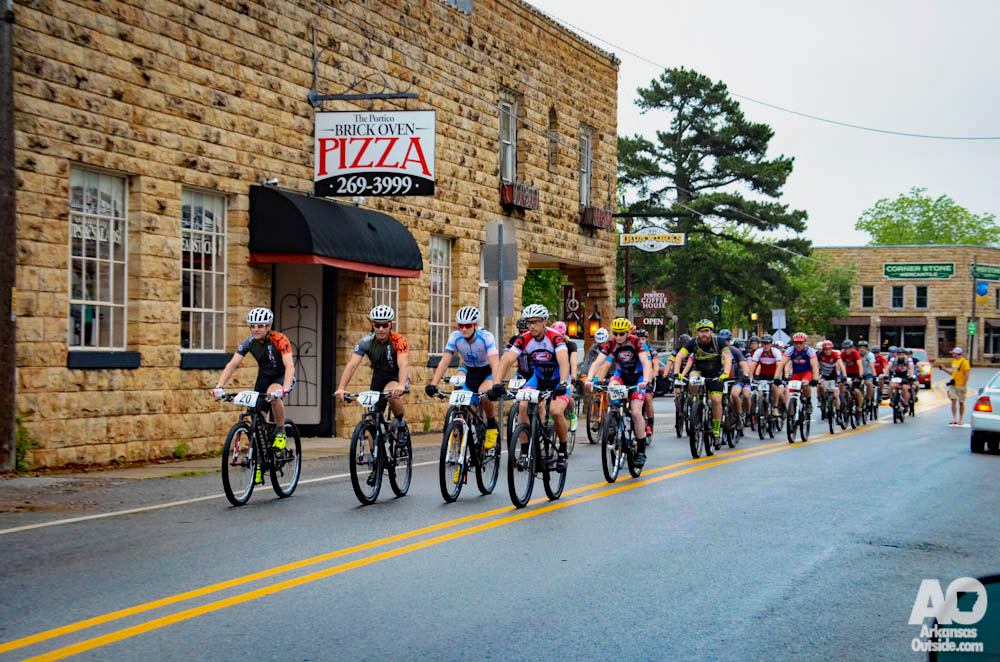
Indirect Economic Benefits
Beyond direct spending, mountain biking offers indirect economic benefits. These include:
-
Health Benefits: Mountain biking improves physical and mental health, which can lead to reduced healthcare costs.
-
Quality of Life: Access to trails increases community vibrancy, attracts new residents, and can help retain existing ones.
-
Property Values: Proximity to trails can increase property values, benefiting homeowners and generating property tax revenues for communities.
-
Business Development: Mountain biking can help retain and attract businesses, including those not directly related to the sport, such as restaurants, lodging, and healthcare.
Challenges and Solutions
The TPL study also addresses challenges rural communities may encounter when developing mountain biking trails. These include securing suitable land and funding, managing increased demand for services, ensuring equitable access, and addressing environmental impacts.
The study suggests that careful planning, diverse funding strategies, and proactive management of social and environmental factors can help communities overcome these challenges.
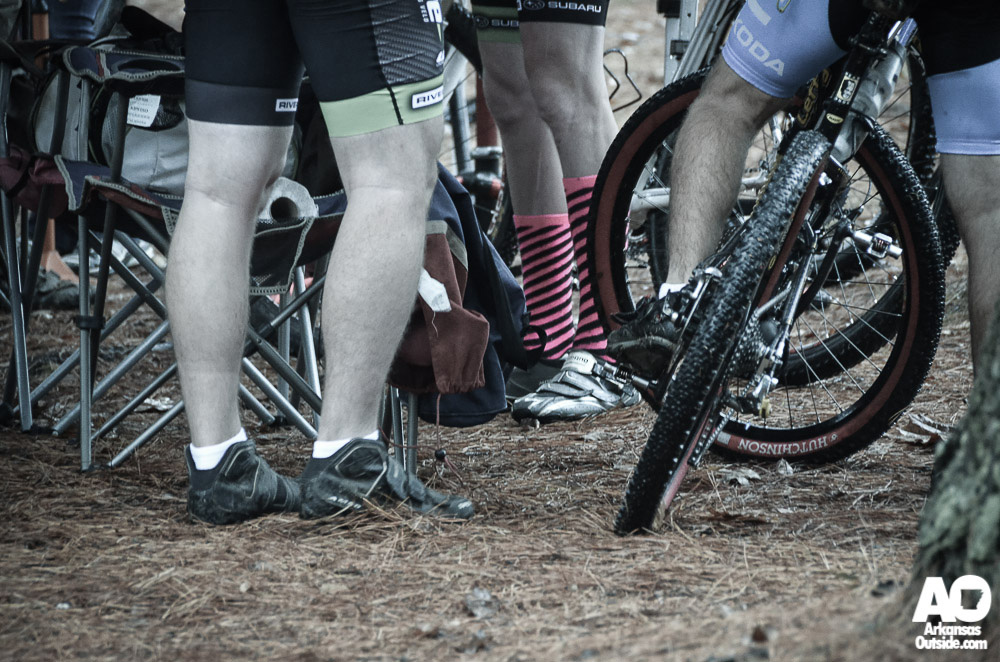
This article was originally published on ArkansasOutside.com, your trusted source for outdoor news and updates in The Natural State. Unless otherwise credited, all photos included in this piece are the property of Arkansas Outside, LLC. We take pride in sharing the beauty and adventures of Arkansas through our lens—thank you for supporting our work!



